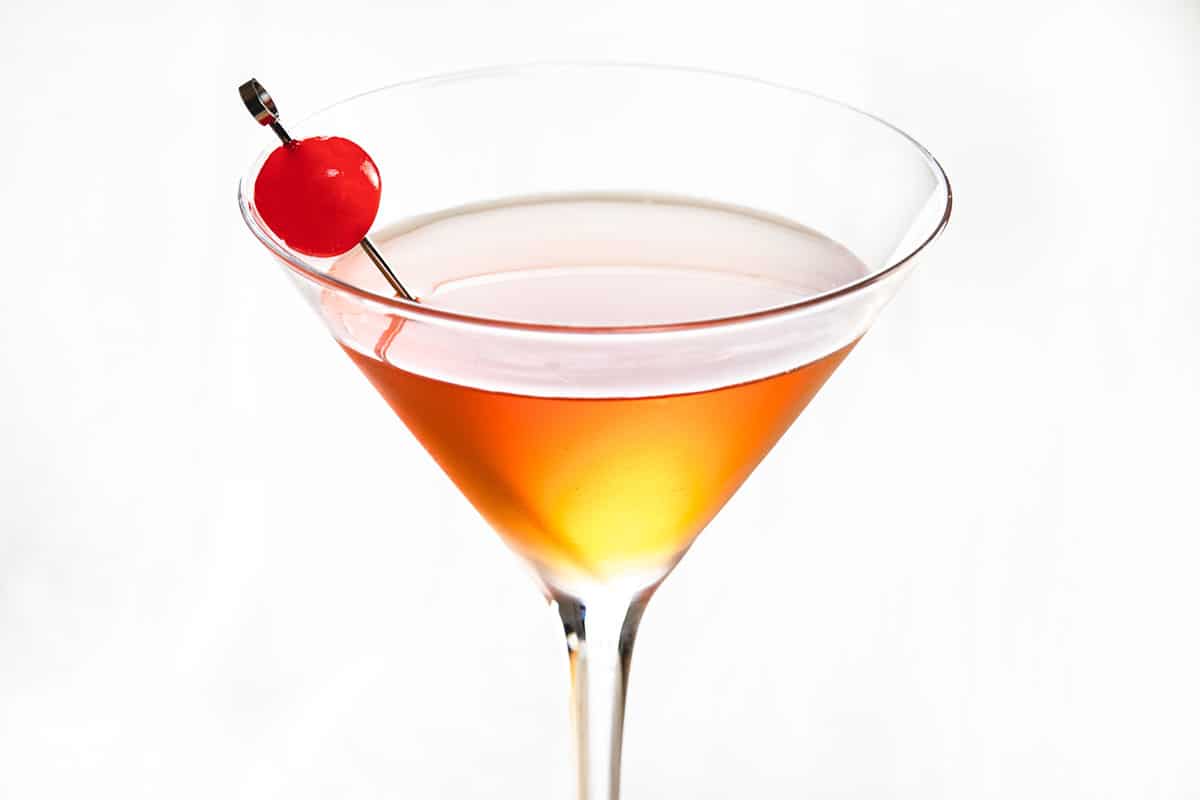Let’s be honest: “eco-travel” isn’t the first phrase that pops into your head when you think of Seoul. Maybe it’s K-pop, neon signs, or grilled meat on a sidewalk—not bamboo toothbrushes and compost toilets.

But here’s the surprise: Seoul is sneakily one of Asia’s greenest megacities. Not perfect, but way more eco-aware than the influencer bubble lets on.
This guide breaks down how to be a sustainable traveler in Seoul without skipping the good stuff—like barbecue, convenience store snacks, or jaw-dropping city hikes.



💡 Why Seoul Is Better at Sustainability Than It Looks
- Massive investment in public transit = fewer cars, cleaner air (outside of yellow dust season)
- Insanely walkable neighborhoods = accidental cardio
- City-wide recycling obsession = yes, even for soup containers
- Café culture that leans reusable = bring your own tumbler and feel smug
- Green spaces built into the urban mess = Seoul Forest, Han River parks, mountain trails everywhere
1. Ride the Green Wave: Transit Over Taxis

Seoul’s subway is cheap, fast, clean, and runs on electric power.
Skip the cab. Use your T-money card and ride like a local.
- Subways cost ~₩1,400 per ride
- Buses run on natural gas (blue = trunk lines, green = locals, red = suburbs)
- Rent a Ttareungi city bike for ₩1,000/hour through a user-friendly app
Bonus: Walking is often faster than a car during rush hour anyway. Plus, you’ll discover cafés that Google Maps refuses to acknowledge.
2. Bring the Basics: Reusables Are Welcome

Locals won’t give you a medal, but they won’t look at you weird either if you:
- Bring a reusable tumbler (some cafés even give ₩300–₩500 discounts)
- Use your own shopping tote—especially at convenience stores
- Pack travel chopsticks or a reusable straw
- Say “no thanks” to disposable cutlery with takeout
Watch for signs like 텀블러 할인 (tumbler discount) or ask: “텀블러 할인 돼요?” (teom-beul-leo hal-in dwae-yo?)
3. Eat Low-Waste Without Eating Like a Monk

You don’t have to go full vegan to eat sustainably in Seoul. But the city does make it easier than most to reduce your foodprint.
Low-Impact Dining Moves:
- Eat at local markets or family-run kimbap joints—low packaging, high satisfaction
- Try temple food for a plant-based feast rooted in Korea’s Buddhist traditions (no garlic, no meat, all flavor)
- Avoid chains handing out triple-wrapped plastic for a single sandwich
- Ask for “덜 맵게 해주세요” (deol maep-ge hae-ju-se-yo) – “less spicy, please” so you don’t waste food due to spice shock
Still want BBQ? Go Hanwoo (local beef), which has a lower carbon footprint than imported Aussie wagyu. It’s pricy—but delicious and patriotic.
4. Sleep Smarter: Where to Stay That Doesn’t Suck

Seoul’s hotel scene is more about comfort than green bragging rights, but there are a few options doing it right.
Sustainable-ish Accommodations:
- RYSE Hotel (Hongdae) – Trendy, locally engaged, energy-conscious
- Banyan Tree (Namsan) – Uses eco-friendly systems and conservation practices
- Guesthouses in Bukchon – Often restored hanoks with minimal environmental impact
Tips:
- Reuse towels and bedsheets—put up the “Do Not Disturb” sign
- Avoid disposable amenities unless you need them (yes, that means the toothpaste pouch)
- Ask about in-room recycling—some actually offer it
5. Shop Like a Local (Not Like a Trash Tornado)

You will be tempted. Korea’s packaging is gorgeous and completely unnecessary. But you can shop better.
Greener Gifts:
- Handmade crafts from Seochon
- Upcycled goods from Seongsu
- Artisan skincare brands with refill options
- Markets with bulk banchan or tea leaves—bring your own container if you’re bold
Avoid:
- Bulk souvenir shops in Myeongdong (plastic hell)
- Mass-produced hanbok keychains made in China
- Anything that involves bubble wrap and regret
6. Respect Local Green Norms
Even if you’re not saving the planet, at least don’t trash Seoul’s vibe:
- Sort your trash (at your Airbnb, hostel, or hotel) into food, plastic, paper, and general
- Don’t litter—even cigarette butts
- Don’t feed the Han River pigeons—they are immortal and angry
- Stay on marked trails when hiking, especially in forested areas like Inwangsan
TL;DR – Seoul Is Greener Than You Think
You don’t need to hug a tree or eat tofu for three weeks to travel sustainably in Seoul. Just:
✅ Use the subway
✅ Skip the wasteful packaging
✅ Support local businesses
✅ Eat seasonally (and yes, go hard on kimchi)
✅ Don’t be gross
And if you bring your own chopsticks to a BBQ joint, well, you’re basically a hero.
👉 Coming Up Next:
Final Thoughts + Seoul Cheat Sheet – Quick answers, last-minute hacks, and everything you forgot to ask (but will wish you knew).











 English (US) ·
English (US) ·